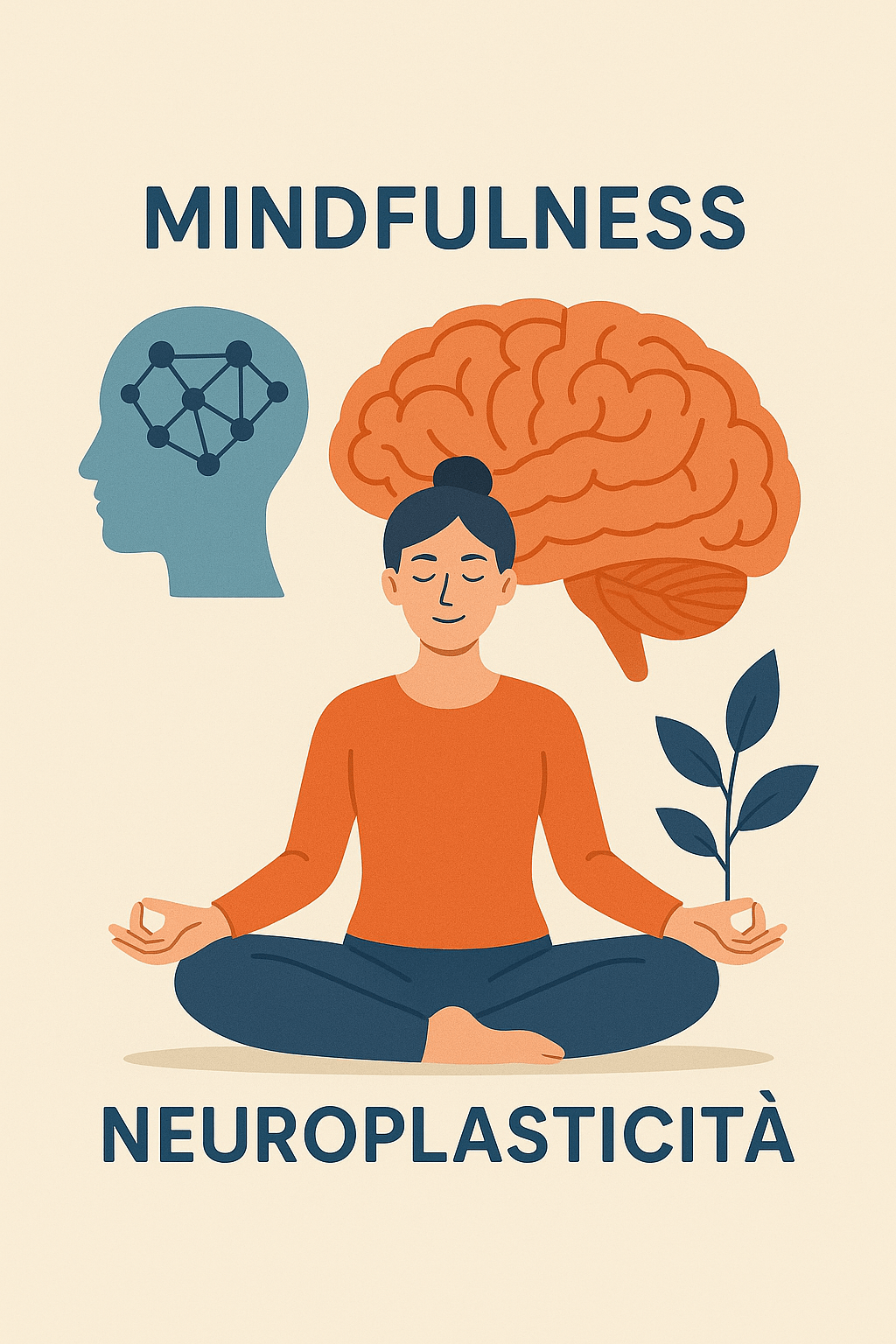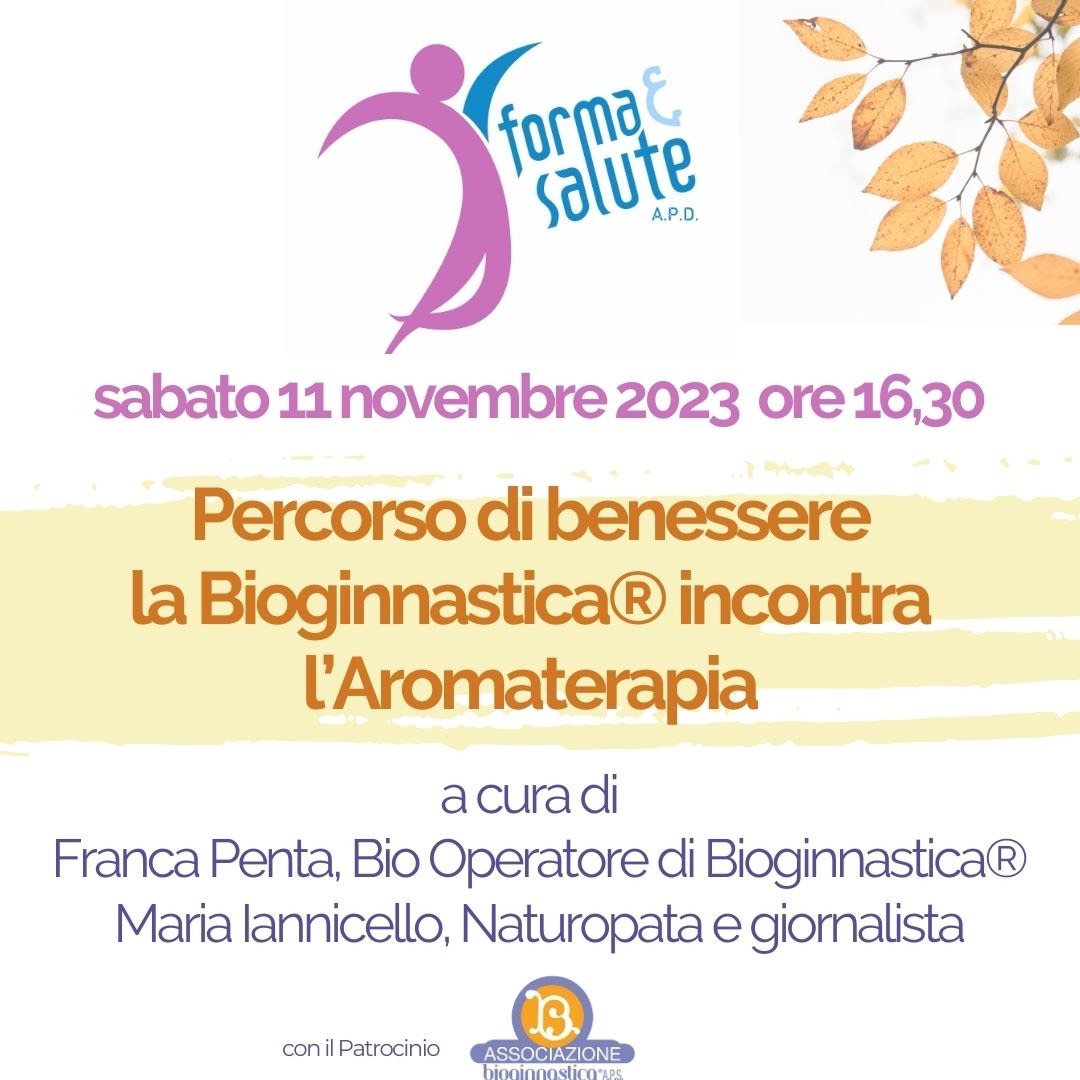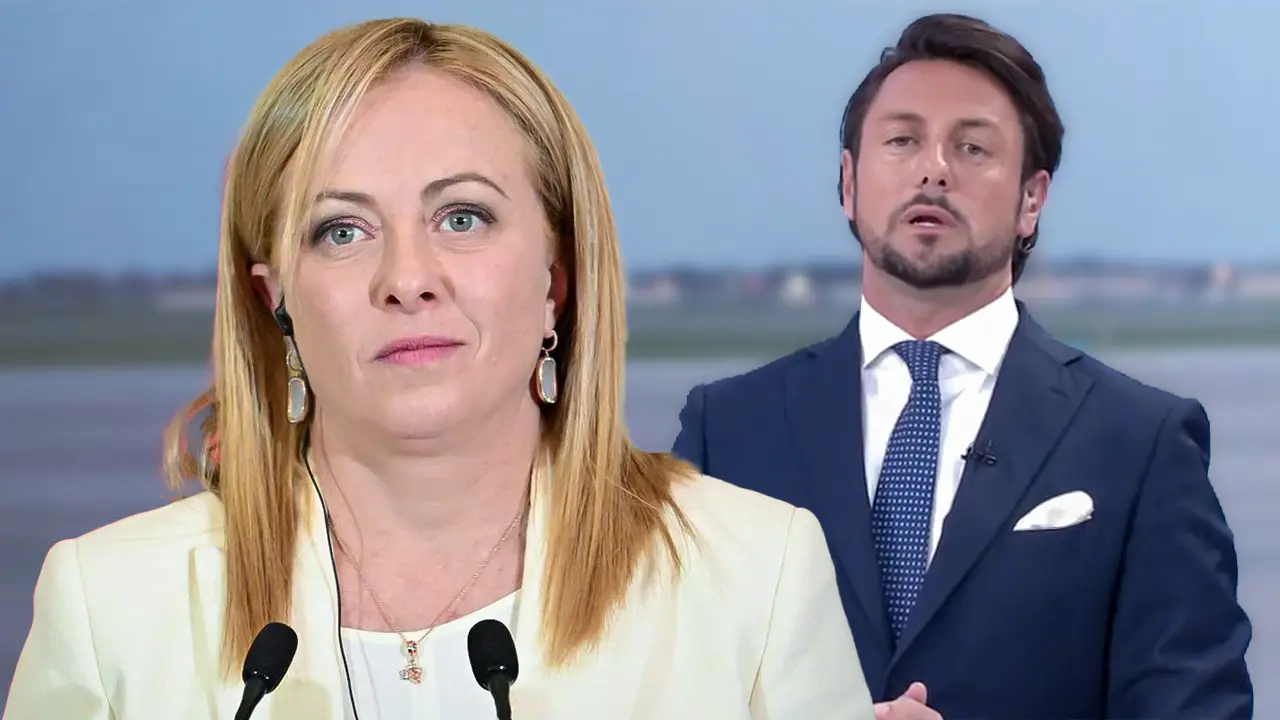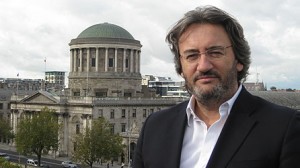
Fergal Keane ha vinto l’edizione 2012 del Premio Marco Luchetta per la sezione tv con il documentario trasmesso dalla BBC il 16 gennaio 2012 dal titolo “Over 400 children killed in Syria”. Al centro del filmato il “caso” Siria e le violenze sistematiche del governo ai danni dei bimbi e degli adolescenti siriani nei mesi convulsi della repressione, durante la quale più di 400 bambini sono stati assassinati. Nel 1994 il reporter irlandese ha vinto numerossimi premi per il suo documentario sul genocidio in Ruanda. Ecco un’intervista esclusiva realizzata da Culture e Culture a Fergal Keane.
Signor Fergal Kean, lei ha vinto il Premio Marco Luchetta per il reportage sulle violenze perpetrate in Siria sui bambini… Quanto è importante documentare al mondo la situazione siriana?
Bene, la prima cosa che va detta è che è molto difficile suscitare l’interesse del mondo sulla questione siriana. Questo è molto triste perché la maggior parte di quelli che guardano la televisione e leggono i giornali si sono stancanti di guerre e orrori. Il pubblico sta assistendo senza sosta alle guerre fin dai primi anni ’90 con la Bosnia, la Somalia, il Ruanda, il Kossovo, l’Afghanistan e l’Iraq e ora con la Siria. C’è una sorta di sfinimento tra il pubblico, soprattutto dopo l’Iraq. Ma penso che focalizzandosi sui bambini vittime del conflitto siriano si riesca a raggiungere persone che normalmente non si curerebbero della Siria. Il fatto che siano bambini a subire violenze è ancora capace di scioccarci, grazie al cielo.
Come ha reagito la comunità internazionale al suo documentario?
Vorrei poter dire che ha fatto la differenza ma purtroppo non è così. Comunque, vincere il Premio Luchetta è stato veramente importante. Dà visibilità al mio lavoro e alla condizione dei bambini siriani che, mi creda, è l’unica cosa che importi. Fondamentale la risposta dell’alto commissario delle Nazioni unite per i diritti umani, Navi Pillay, che ha visto il mio reportage e si è resa disponibile per un’intervista sulla violenza ai bambini. Ha detto parole molto forti.
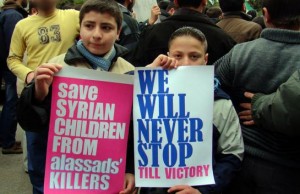
Può raccontarci qualche episodio particolare del suo viaggio in Siria?
Il mio viaggio si è svolto lungo i confini di Libano, Giordania e Turchia dove si sono rifugiate le vittime delle violenze in Siria. Il momento più straziane per me è stato intervistare una madre il cui figlio di 15 anni era stato rapito e torturato fino alla morte. Mi ha mostrato le sue radiografie, dalle quali si vedevano chiaramente i punti in cui uomini adulti gli avevano spezzato le ossa. Ho un figlio della stessa età e non importa quanta guerra io abbia visto, non riesco ad immaginare la brutalità che serva per infliggere tali violenze a un bambino.
Ha viaggiato in tutto il mondo per documentare eventi importanti ma la sua inchiesta sul genocidio in Ruanda le ha fatto vincere diversi premi. Cosa ricorda di quell’esperienza?
Ricordo troppo. Il mio libro ‘Stagione di sangue’ è stato tradotto in italiano e descrive nel dettaglio quella carneficina. Cosa posso dire di quei giorni? Crudeli oltre ogni immaginazione. Campi e chiese e uffici pieni di morti. Un incubo inflitto a innocenti. È una cosa che mi porterò dentro per sempre. Non è stato uno sfogo di violenza accidentale o irrazionale ma un massacro pianificato accuratamente. E non dimentichiamo: il mondo guardava altrove. Mi sono sentito arrabbiato e triste per molto tempo dopo questi eventi. E la cosa frustrante è che la rabbia e il dolore non sono serviti a niente. Le uccisioni continuano in altri posti. I morti restano morti.
Ha mai avuto paura durante uno dei suoi viaggi?
Molte volte. In molti posti ho avuto paura. Penso che la paura aiuti a rimanere in vita. Quando smetti di aver paura diventi noncurante e allora puoi commettere errori che possono nuocerti. La verità è che niente ti salva alla fine. Non importa quanta esperienza hai o cosa hai visto e fatto, potresti semplicemente essere sfortunato. Solo una volta e tutto finisce.
Qual è il Paese più bello che ha visitato e quello più pericoloso?
Il Sud Africa è il più bello. Ci sono andato per la prima volta quando avevo vent’anni e continuo tutt’ora ad andare. È il Paese della bellezza e della speranza. Il più pericoloso, probabilmente, l’Algeria durante la guerra. Ma ci sono molti altri posti pericolosi nei quali sono stato ed è difficile sceglierne uno.
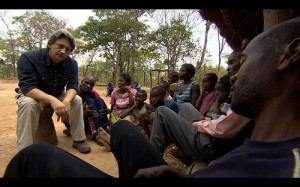
Perché ha scelto questo lavoro? Le piace il rischio o è qualcos’altro?
Ci sono diversi motivi. Ero e sono un idealista. Odio la crudeltà e l’ingiustizia. Questo più di altre cose mi ha spinto ad intraprendere la mia professione. Sono anche intellettualmente curioso e appassionato di storia. È stata la storia a creare la confusione che vediamo in posti come Ruanda e Siria. Quando ero giovane mi piaceva l’eccitazione. Non ho mai fatto questo lavoro solo perché ero amante del rischio. Non ho tempo per la cultura dei drogati di guerra. E ho anche un ego! Mi piace essere la persona che documenta la storia.
Come fa a riportare, impegnarsi in una questione e dare la sua opinione senza diventare un avvocato della causa?
Cerco di stare attento quando esprimo un’opinione nei miei reportage. I fatti e la voce di quelli che intervisto sono più eloquenti delle mie opinioni. Non vado là per supportare tutte le cause, non importa quanto giuste siano.
Qual è il ruolo dei media nell’indagare sui crimini di guerra?
Penso che i crimini di guerra siano qualcosa che i media devono mostrare al mondo. Molto spesso siamo i primi testimoni di atrocità o i primi che le riprendono. Abbiamo un obbligo morale nel riportarle – è un obbligo verso le vittime, verso il pubblico e verso la storia – come l’investigazione giudiziaria è il lavoro della giustizia internazionale.
I media possono cambiare una situazione? Hanno un ruolo costruttivo?
I media possono cambiare una situazione in meglio e in peggio. Se riportiamo informazioni non accurate, parole d’odio, propaganda, allora influiamo decisamente in modo negativo. Questo accade in molte parti del mondo. Basti pensare al ruolo che ha avuto l’odio per i media in Ruanda o tornare indietro al Nazismo e al modo in usò i media per propagandare l’odio razziale. Ma penso che i media liberi, anche se non perfetti, giochino un ruolo fondamentale nel proteggere i diritti umani e promuovere i valori della democrazia. Questi valori sono veramente molto semplici: proteggere il debole, combattere il potere, permettere al genere umano di vivere libero dalla paura.
Piera Vincenti
ENGLISH VERSION
Mr Fergal Keane, you won the Luchetta Prize for reporting on the state violence against children in Syria… how important is your report to show the world the Syrian situation?
Well the first thing that needs to be said is that it is very hard to make any impact on the world relating to Syria. This is sadly because so many who watch television and read newspapers have become weary of war and horror. If you think about it the audiences have been witnessing non-stop war since the early 90s in Bosnia, through Somalia, Rwanda, Kosovo, Afghanistan, Iraq and now Syria. There is a kind of exhaustion among the public particularly after Iraq. But by focusing on the children in the Syrian conflict I think you can reach people who might not normally care about Syria. The idea of violence inflicted on children is still capable of shocking us and thank heaven for that.
How the international community reacted to your documentary?
I wish I could say that it had made a big difference but sadly that is not the case. However winning the Luchetta prize is really important. It highlights my work and it highlights the plight of the Syrian children. Believe me it does matter. What has been interesting is the response of the UN’s Human Rights Chief, Mrs Pillay, who saw my work and agreed to be interviewed about the violence against children. She spoke out very strongly.
Can you tell us a particular episode of your journey in Syria?
My journeys were conducted along the borders of Lebanon, Jordan and Turkey where the victims of violence in Syria have fled. I think for me the most heartbreaking moment was interviewing a mother whose fifteen year old son was abducted and tortured to death. She showed me several of his x-rays and you could see where grown men had smashed his body. I have a son of the same age and no matter how much war I have seen I cannot imagine the brutality it takes to inflict that violence on children.
You travelled the whole world to report important events but your investigation of Rwandan genocide earned you several prices. What do you remember of that experience?
I remember too much. I should say that my book on the violence ‘Stagione di Sangue’ was translated into Italian and describes in detail the carnage of that time. What can I say of those days? Cruelty beyond imagining. Fields and churches and offices filled with the dead. A nightmare inflicted on the innocent. It will live with me always. It was not an accident or an irrational outpouring of violence but a carefully planned slaughter. And let us not forget: the world looked the other way. I felt very angry and sad for a long time after that. Yet the frustration is that your anger and sorrow mean nothing. The killing goes on in other places. The dead stay dead.
Were you never be afraid during one of you journeys?
Many times. In so many places I felt sick with fear. I think fear helps to keep you alive. When you stop feeling afraid you get careless and then you can make mistakes that get you hurt. The truth is that nothing saves you in the end. It doesn’t matter how experienced you are or what you have seen and done, you can just get unlucky. Only once and its over.
Which is the most beautiful Country you visited and the most dangerous?
South Africa is the most beautiful. I went first in my 20s and I am still going. It is a place of beauty and-still-hope. The most dangerous was probably Algeria during the war. But there are so many dangerous places I have been that its hard to pick one!
Why did you chose this job? Do you like risks or there is something else?
Oh there are different motives. I was and am an idealist. I hate cruelty and I hate injustice. That more than anything drives me forward. I am also intellectually curious and passionate about history. It was history that made the messes we see in places like Rwanda and Syria. When I was younger the excitement appealed to me. I have never done the job for the risk though. I have no time for the culture of war junkies. And I also have an ego! I like to be the person who gets the story.
How do you report, engage in an issue and give your opinion without becoming an advocate of a cause?
I try to be careful about giving opinions in my reporting. The facts and the voices of those I interview speak louder than my opinions. I am not there to cheerlead for any cause, no matter how good a cause it is.
Which is the role of the media to investigate war crimes?
I think the question of war crimes is something for the media to expose to the world. Very often we will be the first people to witness such atrocities or to record them. We have a moral obligation to report these – this is an obligation to the victims, to our audiences and to history. As for judicial investigation that is the job of the international justice system.
Can media really change a situation? Do they have a constructive role?
The media can change situations for better and worse. If we report inaccurate information, hate speech, propaganda then we can surely make things worse. It happens in different parts of the world. Look at the role of hate media in Rwanda during the genocide or go back to the Nazis and the way they abused media to preach hatred. But I think that a free media while never perfect plays a powerful role in protecting human rights and advancing democratic values. Those values are really very simple: protect the weak, challenge the powerful, allow mankind to live free from fear.
